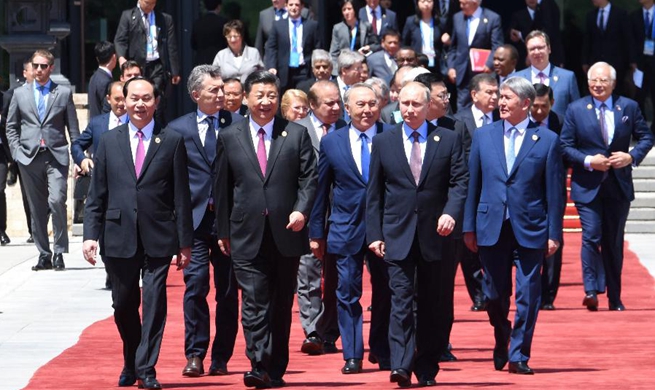by Eric J. Lyman
ROME, Jan. 12 (Xinhua) -- Most Italian residents will see a dramatic drop off in the number of marketing calls they receive, though some say the new rules governing telemarketing may be too strict and could end up leaving thousands jobless.
Italy has seen a big rise in the number of marketing-related telephone calls in recent years, sparking a rash of consumer complaints. In order to stem the rise of calls, Italy instituted an opt-out system in which consumers could ask to appear on a list of people marketers could not contact. But the list -- called "Registro della Opposizioni" in Italian -- has been seen as ineffective.
The rules were praised on several fronts, with Maurizio Pellegrini, director of the Registro della Opposizioni from the Ugo Bordoni Institute telling Xinhua the new rules would be welcomed by most consumers.
"Up until now, most people didn't understand why they were being called, and how to have their names removed from the lists marketers used," Pellegrini said.
Massimiliano Dona from Italy's National Consumers' Union, used stronger language, saying in a press release Italy would "finally have a break from harassing phone calls."
But not everyone agreed with that point of view. Luca Bolognini, president of the Italian Institute for Privacy, said in an interview that the new rules, which will enter into force as soon as they are published in the Official State Gazette, went too far.
"In cases where a person is, for example, a big fan of Ferrari cars and has indicated in the past that he wants to be kept up to date on news from Ferrari, Ferrari will no longer be able to contact him unless he again indicates a desire to be informed, after the rules enter into force," Bolognini said. "Every call list, no matter how it is collected, will be voided by these new rules."
In specific terms, the rules require all consumers willing to be contacted to specifically indicate that, and marketers are required to inform any consumer they call how they obtained that consumer's contact details if asked. Telemarketers will also be prohibited from hiding the telephone numbers they call from. Both telemarketing firms and the companies they are working for could face sanctions if they use unapproved call lists that predate the new rules.
Previously, any telephone number listed in public directories could be called for marketing purposes unless the owner of that telephone number specifically asked to be added to the "Registro della Opposizioni." But that process was confusing to many and was often criticized as ineffective since marketers often used outdated databases that did not reflect consumers who opted out.
According to Pellegrini, the outgoing allowed telemarketers to pull numbers from a pool that included 13 million of Italy's 20 million fixed-line numbers, though only about 50,000 of the country's nearly 100 million mobile phone numbers, since few mobile phone numbers appeared in public directories.
Once the rules enter into force, marketers will have to rebuild their lists from scratch. "The change will make it harder for companies to inform potential clients of new services, which is a big blow for the telemarketing sector in Italy," said Bolognini, from the Italian Institute for Privacy. "That will have an impact on tens of thousands of jobs at a time when Italy is trying to reduce its unemployment rate," he added.

















